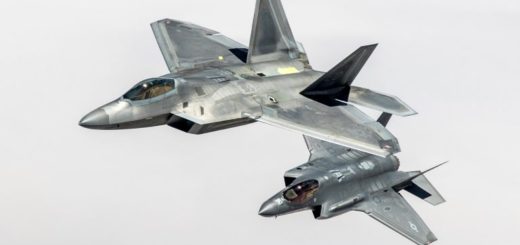Verijet files for bankruptcy, ending ‘green air taxi’ ambitions
Florida-based charter operator Verijet has entered Chapter 7 bankruptcy, bringing a quiet end to one of the most ambitious attempts to reinvent short-haul private air travel around a single-engine jet and a promise of cleaner, more sustainable flying.
Court documents show the company listed between $1 million and $10 million in assets and up to $50 million in debts at the time of its bankruptcy filing on October 9, 2025. The filing follows months of lawsuits from customers and vendors and comes a month after the death of Verijet founder and CEO Richard Kane, who suffered a heart attack while cycling on September 13, 2025, at age 60.
Founded in 2020, Verijet bet heavily on the Cirrus SF50 Vision Jet, the single-engine personal jet typically favored by private owners rather than charter fleets. Kane’s vision was to create a “green air taxi” network linking small cities and regional airports, using the SF50’s lower fuel burn and noise footprint to deliver a cleaner, quieter alternative to conventional light-jet operations.
The company claimed that the Vision Jet’s fuel consumption — around 60 gallons per hour versus 100-plus gallons per hour for most twinjets — cut carbon emissions by about 40%, and said it would use sustainable aviation fuel (SAF) wherever possible while offsetting remaining emissions to reach net-carbon-zero operations.
Verijet operated on a jet card model, selling prepaid flight hours in blocks starting at $25,000. Rates averaged about $3,000 per flight hour, with one-hour minimum per leg. The company marketed its pricing as competitive with turboprop charter options while offering faster point-to-point travel. However, unlike traditional fractional ownership or guaranteed-availability programs, Verijet’s terms stated that flights were “subject to aircraft and crew availability.” That clause became central to later disputes when customers found themselves unable to book flights or reclaim unused balances.
From its base in South Florida, Verijet expanded to Texas, California, South Carolina, the Northeast, and the Caribbean, at one point ranking as the 13th-largest charter operator in the United States by flight hours. By 2023, it appeared to be a breakout success story in the emerging light-jet charter niche.
That same year, Verijet signed a letter of intent to merge with a SPAC led by former Boeing CEO Dennis Muilenburg, which would have taken the company public and given Muilenburg a board seat. But the plan unraveled when Muilenburg’s New Vista Capital liquidated the SPAC before closing the deal.
Soon after, lawsuits mounted from customers who had purchased jet cards — prepaid flight packages that promised convenience but not guaranteed availability. Many cardholders claimed they were left with large unused balances after Verijet canceled flights and stopped operations. Vendors, lessors, and fuel suppliers also joined the creditor list as the company’s cash flow dried up.
By mid-2025, Verijet’s once-active fleet of around 20 Cirrus Vision Jets had shrunk to just a few aircraft. Flight-tracking data shows little activity in recent months, and the company appears not to have flown any flights since Kane’s passing. While Verijet’s website remains online, it has not been updated to reflect the bankruptcy filing or the current status of operations.
Verijet’s downfall underscores the difficulty of scaling air-taxi operations around very small jets. The Vision Jet’s low acquisition and operating costs made it appealing on paper, but limited payload and range meant the economics depended on consistently high utilization — something no operator has yet achieved.
Verijet’s bankruptcy highlights the continuing challenges of building large-scale charter operations around very small jets. The company’s fleet of Cirrus SF50s was less expensive to operate than traditional light jets, but limited range and payload restricted its earning potential.
Other companies have tried similar short-haul charter concepts in the past with mixed results. The Eclipse 500 “very light jet” programs of the mid-2000s, for example, also struggled to sustain utilization and profitability.
At the same time, the industry continues to pursue more efficient aircraft and lower emissions. Major manufacturers are certifying new models for 100 percent sustainable aviation fuel (SAF) use, and smaller operators are exploring hybrid-electric propulsion. The post Verijet files for bankruptcy, ending ‘green air taxi’ ambitions appeared first on AeroTime.
Florida-based charter operator Verijet has entered Chapter 7 bankruptcy, bringing a quiet end to one of the most…
The post Verijet files for bankruptcy, ending ‘green air taxi’ ambitions appeared first on AeroTime.





